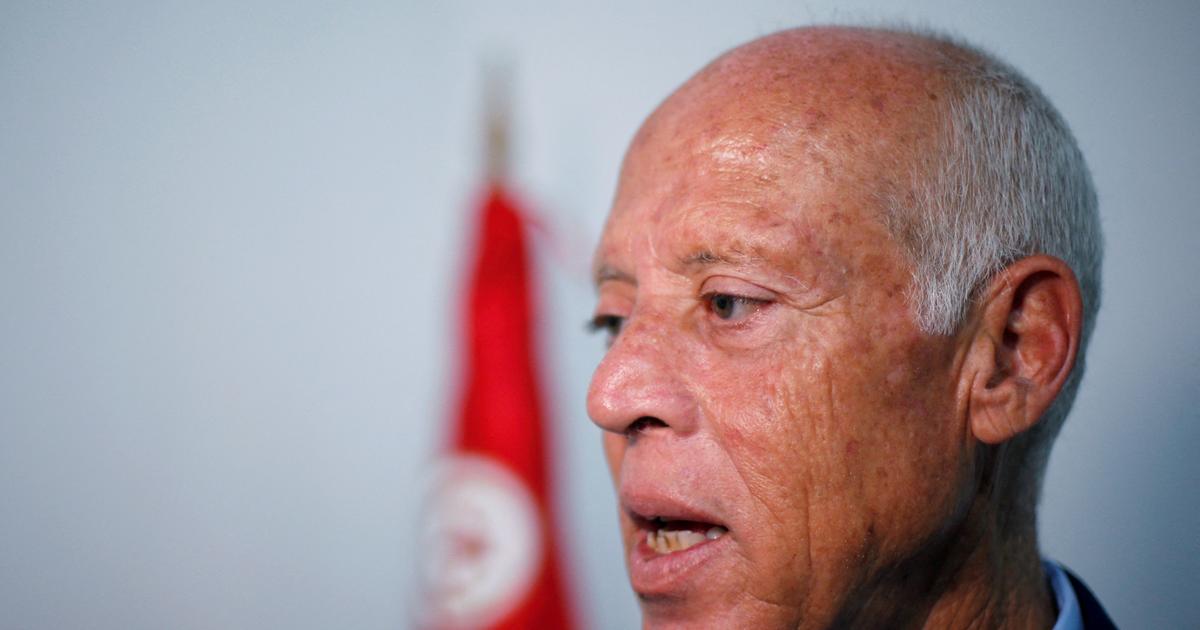Tunisian President Kaïs Saïed had published on the night of Friday July 8 to Saturday July 9 an amended version of his draft new Constitution, which must be submitted to a referendum on the 25th, but the text continues to grant broad powers to the leader of State.
In the new version published in the Official Journal around midnight, Saïed modified two particularly controversial articles, one evoking the place of Islam and the other rights and freedoms.
In chapter 5 of the new Constitution, the president introduced the mention
"within a democratic system"
in the sentence affirming that Tunisia
"is part of the Islamic community"
and that
"the State must work to achieve the objectives of Islam”
.
Read alsoIn Tunisia, the isolation of Kaïs Saïed
This article was strongly criticized by defenders of a clear separation between religion and state who denounced possible ambiguities in its interpretation.
Amnesty International considered that this article could
“permit discrimination against other religious groups”
.
A few hours before the publication of the new text, Saïed announced in an official video that “
clarifications had to be added
(to the first text published on June 30)
to avoid any confusion and interpretation”
.
The other important passage concerns article 55 on rights and freedoms.
"No restriction may be made upon the rights and liberties guaranteed in this Constitution except by virtue of law and necessity imposed by a democratic order
," the article now says.
And possible restrictions can only intervene
“in order to protect the rights of others or for the needs of public security, national defense or public health”
.
The opposition parties and several NGOs have expressed concern about Article 55 which, in their view, gives the authorities full latitude to limit freedoms without any real safeguards.
Read alsoTunisia: the keys to understanding Kaïs Saïed, melted in power
For the rest, Kaïs Saïed, author a year ago of a coup by which he arrogated all the powers, did not modify the main lines of the initial text which marks a radical break with the parliamentary system. in place since 2014. The president exercises executive power, with the help of a head of government that he appoints, without the need to obtain the confidence of Parliament.
The president is supreme commander of the armies, defines the policy of the country, ratifies the laws and can also submit legislative texts directly to Parliament.
The new Constitution provides for a sharp reduction in the role of Parliament and the establishment of a second chamber to represent the regions.
The opposition and NGOs have denounced a tailor-made text and an excessive concentration of powers in the hands of the president.
Sadok Belaïd, the jurist whom Saïed had commissioned to draw up a draft new Constitution, dissociated himself from the final text, believing that it could
“open the way to a dictatorial regime”
.

